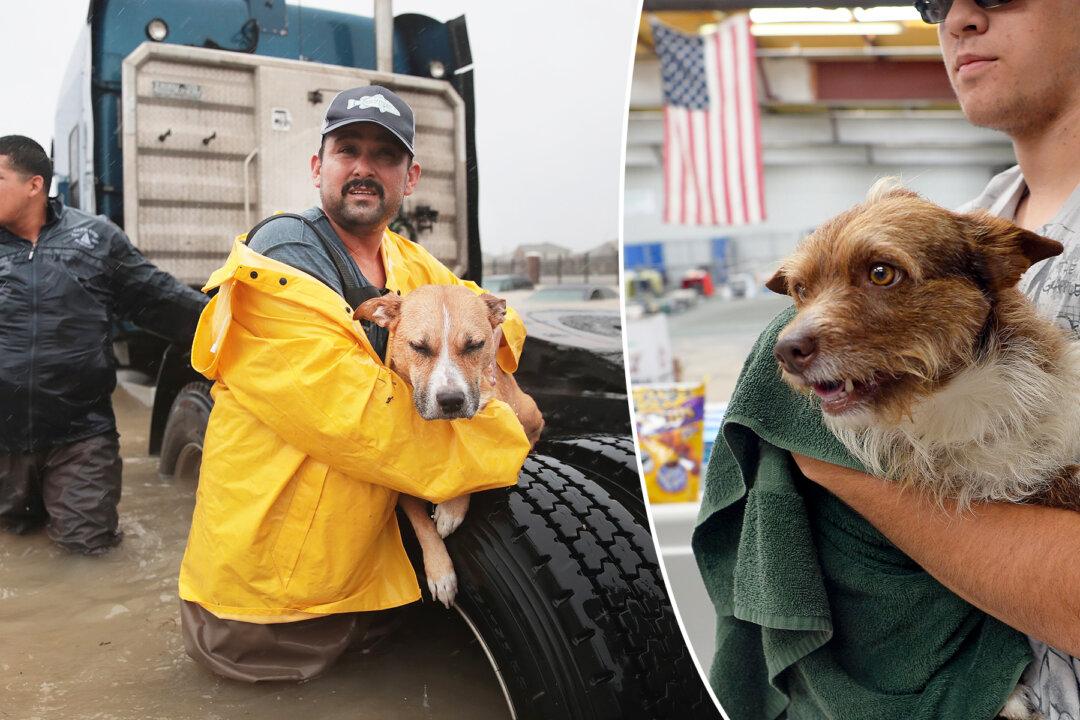Amid the chaos and panic of a natural disaster, it is more important than ever to keep track of loved ones, follow evacuation protocol, and act responsibly. Imagine the magnified fear of a family pet, caught up in the whirlwind of anxious activity. Natural disasters provoke a flight response for good reason, but thanks to a new bill passed by the Florida Senate Agriculture Committee, pet owners will face fines or even jail time if they abandon their pets during extreme weather evacuations.

Motorists pet a dog in Marathon, Florida, in the evacuation from Hurricane Irma ©Getty Images | Angel Valentin




